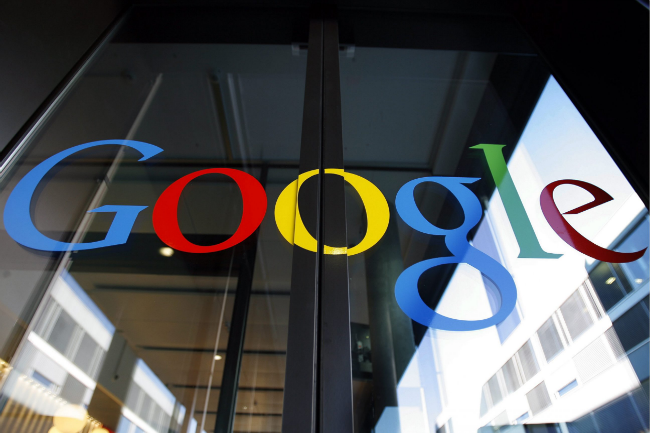
Last year, a leaked top-secret document revealed the NSA’s data collection program, called PRISM. Since then, tech companies have attempted to distance themselves from the NSA’s activities, with Google, specifically, saying the only reason it cooperated with the NSA was because it was compelled to do so through secret court orders. However, email documents obtained by Al Jazeera show that there have been some backdoor discussions between the NSA and Google.
The documents show that NSA director General Keith Alexander invited Google CEO Schmidt to attend a “classified threat briefing” in order to discuss security issues. The email also revealed that, while Google, Apple, Microsoft, and other companies set out to define core security principles, other tech firms such as Dell, HP, and Intel set out to work with the NSA to minimize security threats to enterprise platforms.
While the emails do reveal that there was dialogue between the two firms that Google never revealed, keep in mind that companies are legally prohibited from revealing details about what the NSA asks of them. In any case, the emails only confirm that not only is Google not alone in maintaining a dialogue with the U.S. government, but that, given the size of the company, it’s almost a given that such an occurrence would happen. There are likely a lot of ways Google could help the NSA out when it comes to security. While there is concern as to how the NSA uses information it receives from Google and other companies, the documents don’t really implicate Google in any wrongdoing.

